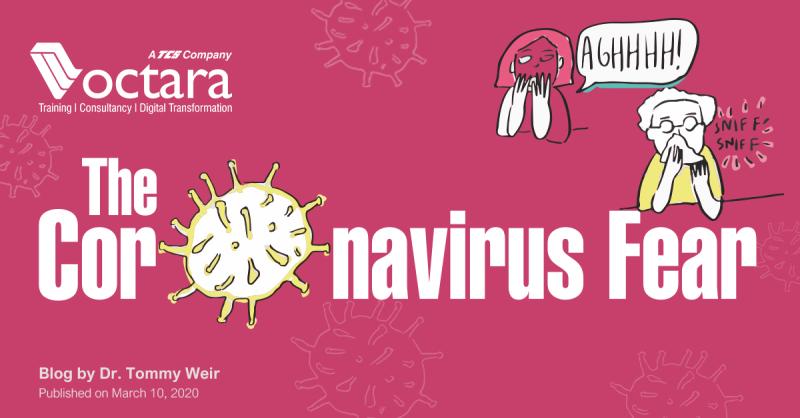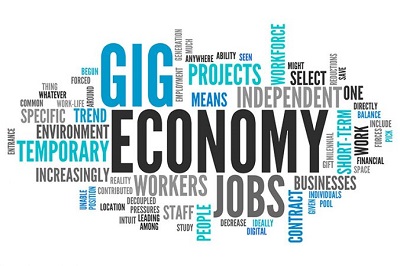
In a whirlwind of social media, employee empowerment and #MeToo movements, leaders now find themselves under more scrutiny than ever. Of course, that is unequivocally a great thing. Business leaders should lead by example, they should be held to account and they should act with integrity and transparency. The trouble is, in the campaign to stand up for the “little guy,” protect the public interest, and raise standards in the workplace, we are in danger of forgetting that leaders are people too.
At almost every stage in the organizational food chain, people and policies are in place to protect the physical and emotional wellbeing of employees, but it can be very lonely at the top. It’s ironic really: it is only at the highest heights of the tree, where the drop down is at its very longest, that the safety net gets whipped out from underfoot. As a leader, you are simply expected to cope. Your job is to steer the ship, instill confidence and drive results. In the eyes of your employees and indeed the outside world, you are not expected—or even allowed—to have fears, complaints or insecurities of your own. You, after all, are the boss.
The chances are, when doubt or negative emotions do creep in, you manage them with skill and poise. Of course you do; it’s that kind of ability that has enabled you to navigate your way to a position of power, and that enables you to handle the crises big and small that periodically threaten to disrupt the internal workings at your firm.
But what happens when you’re thrown a curve ball, not from a disgruntled employee or an operational hiccup, but from an external challenge that threatens your personal privacy, your integrity or—God forbid—your feelings? What happens when social media strikes? Or, as was recently the case with Twitter CEO and co-founder, Jack Dorsey, your social media is struck?
On August 30, Dorsey’s own Twitter account was hacked by a group that refers to itself the Chuckle Squad. Within minutes, Twitter’s finest were onto it, but the hackers still had a window of opportunity to fire off a string of racist and antisemitic tweets from the CEO’s account, to his 3.9 million followers around the world. Within two hours, the company reported that Dorsey’s account was secure once more and that no breaches had occurred across Twitter’s systems.
Through the investigation that followed, it emerged that the phone number associated with Jack Dorsey’s account had been compromised, allowing the Chuckle Squad hackers to send out tweets using the good old-fashioned text message. As far as the outside world was concerned, it was case closed, but has anyone spared a thought for Mr. Dorsey?
Without doubt, the incident was a huge embarrassment for the Twitter CEO, as global media outlets have been keen to point out. But not once (to my knowledge) has a commentator referred to the incident as harassment or aggression. Now I might be wrong, but I can’t help but wonder whether that’s because he is a successful business leader—that curious breed of human regarded by so many as void of emotion and immune to the effects of personal external attack.
Leaders do enjoy certain privileges—power, respect, wealth, a voice—but when it comes to deliberate acts against them designed to embarrass or harass, they often find themselves at a clear disadvantage compared to the average man on the street.
Until perspectives change and the world wakes up to the fact that business leaders are just people like everyone else, leaders will continue to be expected to do what they do best: keep calm and carry on. With no support available from above and often little sympathy from below, what else can they do?
Employees like to know that their leader is strong and stable, but wouldn’t they like to know that they are human too? Sadly, the reality on the ground suggests maybe not.



